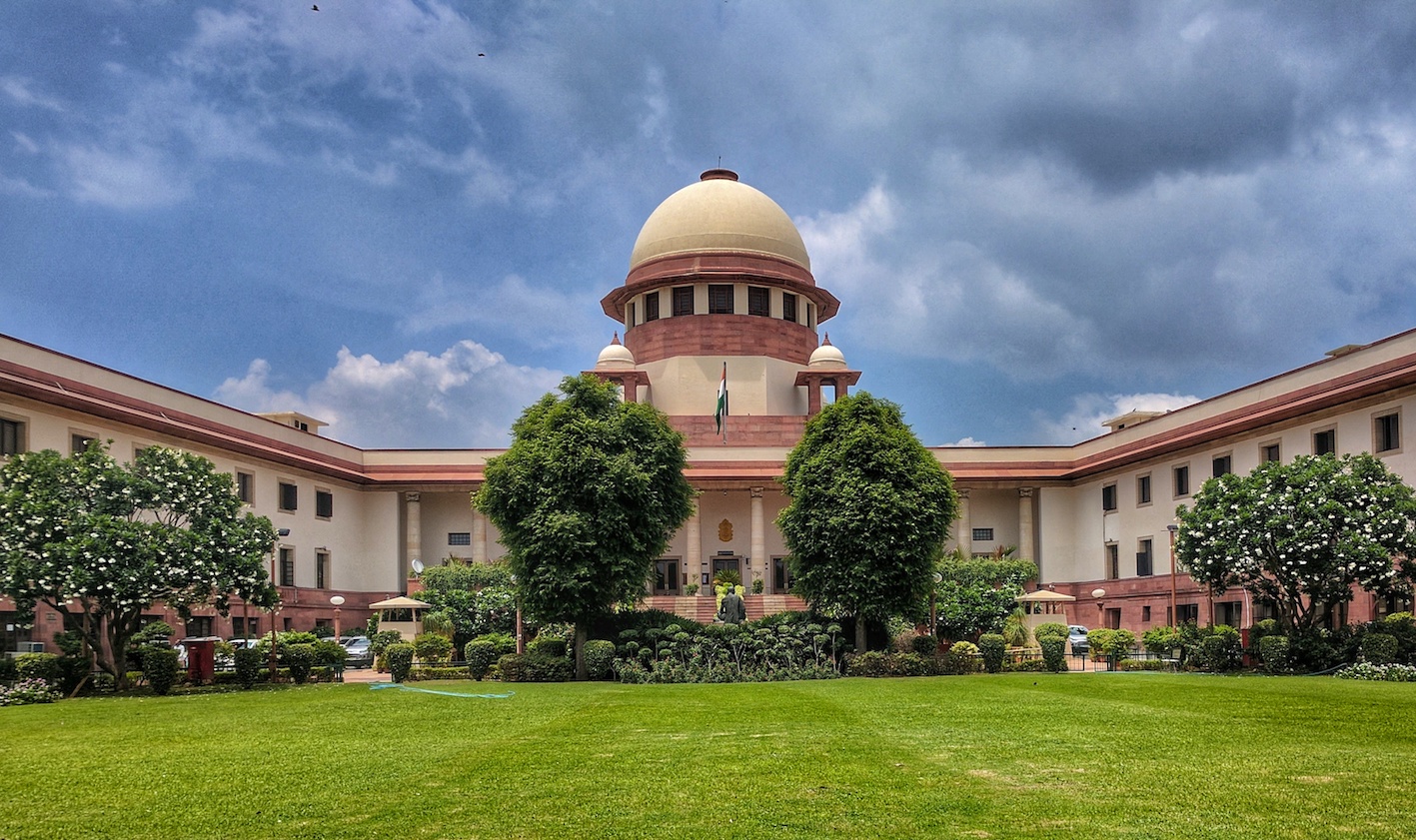Doctrine of Legitimate Expectation – Not a right but can be used if its denial gives rise to violation under Article 14: Supreme Court
The doctrine of legitimate expectation cannot be claimed as a right in itself, but can be used only when the denial of a legitimate expectation leads to the violation of Article 14 of the Constitution. This judgment was pronounced by the division bench comprising hon’ble Justice Dhananjay Y. Chandrachud and Justice Indu Malhotra at Supreme Court in the matter of The State of Jharkhand and others v. Brahmputra Metallics Ltd., [CA No. 3860-3862/2020]. The doctrine of legitimate expectation in public law is premised on the principles of fairness and non-arbitrariness surrounding the conduct of public authorities.
The respondents in the present appeal challenged the judgment of hon’ble High Court of Judicature at Jharkhand and alleged that they are qualified to claim a rebate or derivation of 50% of the sum evaluated towards electricity obligation for FYs 2011-12, 2012-13 and 2013-14. The respondent claims its qualification based on the Industrial Policy 2012 (informed by the litigant on 16 June 2012) and a statutory notification dated 8 January 2015 gave under Section 9 of the Bihar Electricity Duty Act 1948 which was adopted for the State of Jharkhand under the provision of Bihar Reorganization Act of 2000 with effect from 15 November 2000. The respondents relied upon the doctrine of promissory estoppel.
The division bench of High Court of Judicature at Jharkhand allowed the petition instituted by the respondents under Article 226 of the Indian Constitution and held that there was no specific reason for the delay and that “but for the lethargic approach of the state authorities” the exemption should have been issued within a month of the issuance of the Industrial Policy 2012. The effect of the belated notification was to deny industrial units of the benefit of the promise held out by the State government. The Jharkhand HC observed that it was not the case of the State government that it did not intend to give the benefit to these industrial units since, as a matter of fact, it had issued a notification, though belatedly, on 8 January 2015. Since the unit of the respondent commenced commercial production on 17 August 2011, whereas the Industrial Policy is of 2012, the doctrine of promissory estoppel cannot be extended “backwards in favor of the respondent. The court also explained the case by relying on the doctrine of promissory estoppel, doctrine of consideration and doctrine of legitimate expectations. This Court has given an expansive interpretation to the doctrine of promissory estoppel in order to remedy the injustice being done to a party who has relied on a promise.
The division bench of Supreme Court while upholding the judgment of High Court of Judicature at Jharkhand stated that the respondent would not be entitled to a rebate/deduction for FY 2011-12. In terms of Clause 35.7(b) of the Industrial Policy 2012, the entitlement ensues from the financial year following the commencement of production. The respondent commenced production on 17 August 2011. Hence, the order of the High Court would have to be confirmed for FYs 2012-13 and 2013-14. In conclusion, we are in agreement with the conclusion of the High Court that the respondent was entitled to an exemption from electricity duty, although for the reasons indicated in this judgment. Further, the relief granted would stand confined to FYs 2012-13 and 2013-14. We shall therefore attempt to provide a cogent basis for the doctrine of legitimate expectation, which is not merely grounded on analogy with the doctrine of promissory estoppel. The need for this doctrine to have an independent existence was articulated by Justice Frankfurter of the US Supreme Court relied upon the judgment of Vitarelli v. Seton. Therefore, the appeals shall stand disposed of in the above terms. There shall be no order as to costs.

